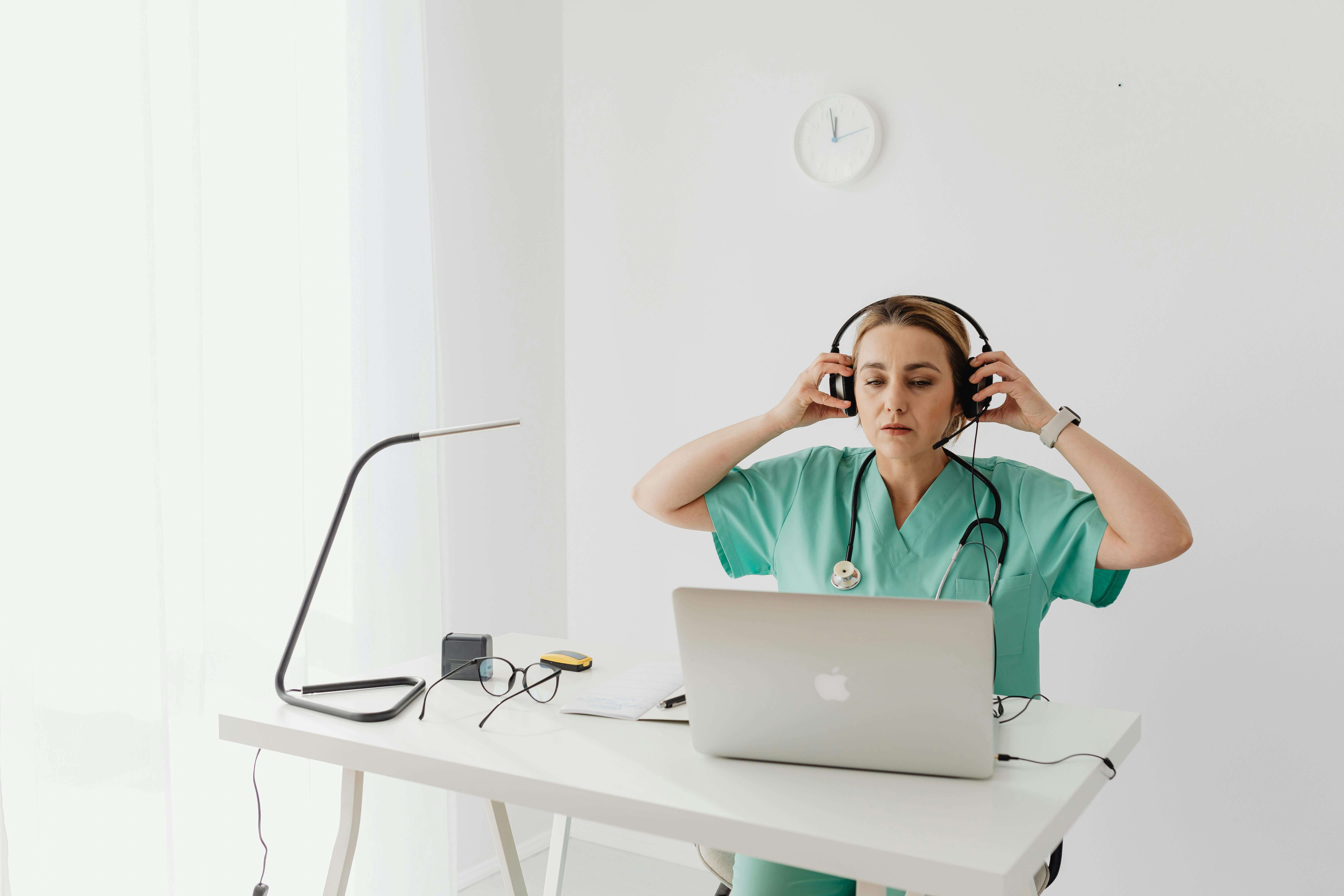Major donation fuels advances in ophthalmic artificial intelligence

The Icahn School of Medicine has received a transformative $5 million gift from the John and Daria Barry Foundation to advance the Center for Ophthalmic Artificial Intelligence (AI) and Human Health, now named “The Barry Family Center for Ophthalmic Artificial Intelligence and Human Health.” Established in 2023, the Center will expand clinical programs focused on equitable, primary care-centered vision care and support pioneering research for the early diagnosis of eye diseases and development of innovative risk assessments for systemic conditions related to eye health.
“We are deeply thankful to the Barry family for their significant and transformational contribution to help propel our Center’s growth,” said Dr. James C. Tsai, Delafield-Rodgers Professor and Chair of Ophthalmology at Icahn Mount Sinai and inaugural Center Director. “This gift furthers our efforts to raise the standard of vision care, using new medical technologies to push the limits of ophthalmic care for human health.”
Daria Barry shared her motivation, stating, “Glaucoma research remains critically underfunded, despite its profound impact on millions worldwide, including my own family. Supporting Mount Sinai’s Center for Ophthalmic AI and Human Health enables early diagnosis, more effective treatments, and greater access to advanced technology. We are proud to be part of this transformative mission, confident it will set new frontiers in both ophthalmology and human health.”
The funding will be used to recruit a new Center director, an AI scientist, and support ongoing research initiatives. Plans include establishing one of the first clinical fellowships in ophthalmic AI and digital health, and enhancing research applications within clinical care and training.
In collaboration with the Windreich Department of Artificial Intelligence and Human Health, the Center is making strides in AI-based diagnostics, particularly in ophthalmology and population health. Through telemedicine and advanced diagnostic tools, Mount Sinai integrates AI into physician and trainee education and clinical care to rapidly diagnose conditions like macular degeneration, diabetic retinopathy, glaucoma, hypertensive retinopathy, and retinal tumors. Early detection not only preserves vision but can also mitigate risks of cardiovascular and neurological events, as NYEE researchers have linked retinal deposits with increased risks of heart attack and stroke.
The Center’s programs focus on three key areas:
- Tele-retina program: Primary care physicians capture retinal images using portable digital cameras during routine exams, analyzed using AI for early warning signs.
- Ophthalmology tele-consult: AI-driven telemedicine platforms allow for rapid diagnosis and triage of eye emergencies without in-person ophthalmologist intervention.
- Acute eye stroke diagnosis: High-resolution imaging supports collaboration among ophthalmologists, emergency medicine teams, and radiologists to expedite care for central retinal artery occlusion cases.
Researchers leverage state-of-the-art AI algorithms and high-throughput genotyping data to analyze images from these initiatives. This work is uncovering ocular biomarkers to better understand eye diseases, health disparities, and disease progression, ultimately advancing precision medicine and streamlining clinical trials for these conditions.
